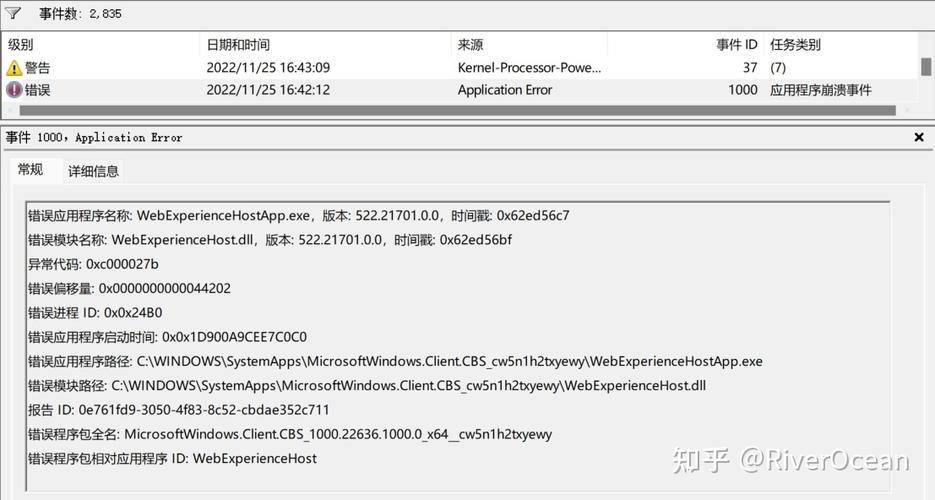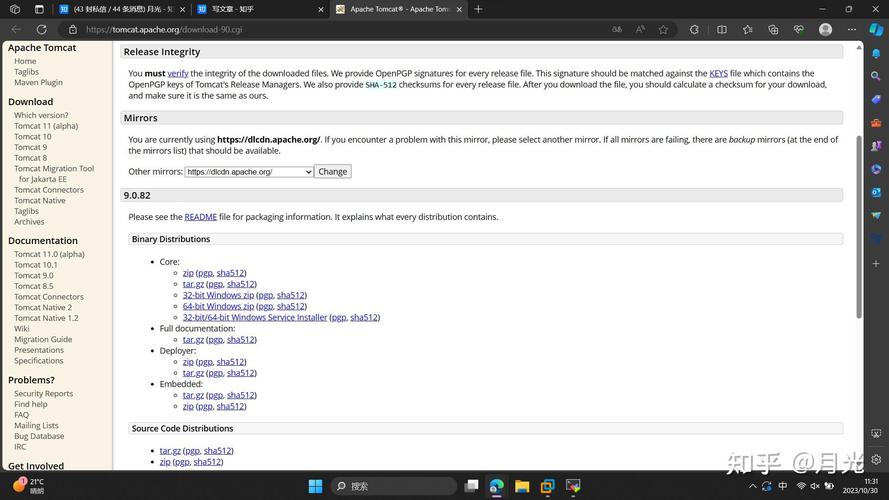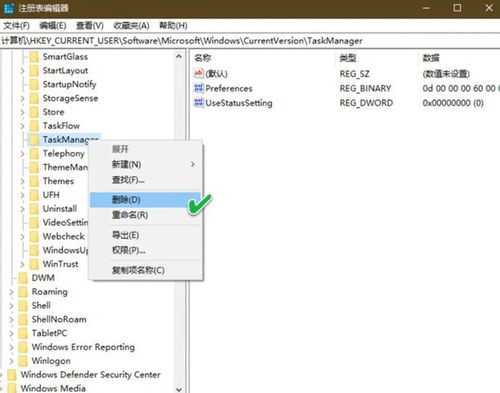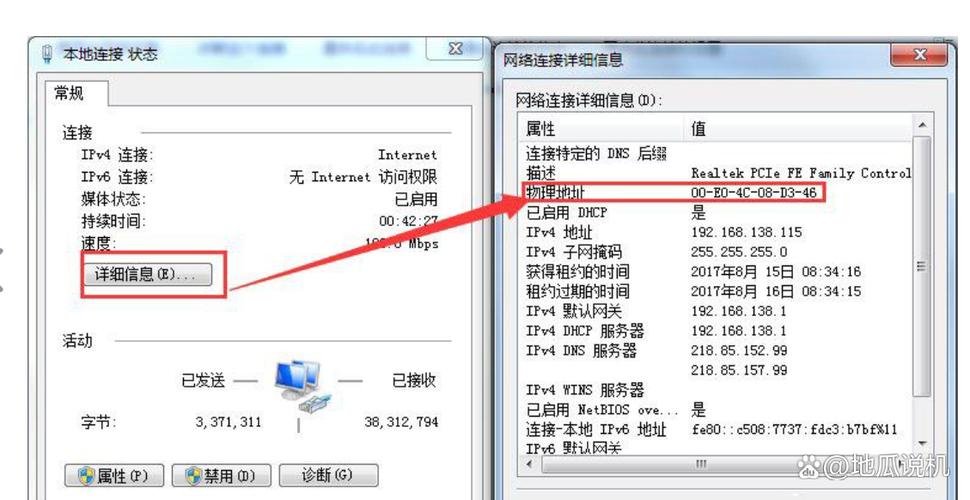嵌入式英语(Embedded English)是一种将英语词汇和结构嵌入到另一种言语中的现象。这种现象在许多言语中都很常见,尤其是在那些与英语有前史联络的言语中。嵌入式英语一般发生在以下几种情况下:
1. 借词(Loanwords):将英语单词直接借用到另一种言语中,这些单词一般坚持原有的发音和拼写。
2. 术语(Technical Terms):在科技、医学、法令等范畴,因为专业术语的通用性,英语词汇经常被直接运用。
3. 混合言语(Codeswitching):在双语环境中,人们或许会在一种言语中交叉运用另一种言语的词汇或短语。
4. 全球化影响:跟着全球化的开展,英语作为世界通用言语,其词汇和表达方式逐步渗透到其他言语中。
5. 文明交流:电影、音乐、广告等文明产品中的英语元素也会影响其他言语,使其包括嵌入式英语。
嵌入式英语对言语的影响是杂乱的。一方面,它丰厚了言语的表达方式,使人们可以更精确地描绘新概念和现象。另一方面,它也或许导致言语的纯度下降,乃至引发文明认同的问题。因而,对嵌入式英语的研讨有助于咱们更好地舆解言语之间的相互影响和文明交流的杂乱性。
Introduction to Embedded Systems: A Gateway to the Future of Technology

As technology continues to evolve at a rapid pace, embedded systems have become an integral part of our daily lives. These systems are designed to perform specific tasks and are embedded within devices ranging from household appliances to complex industrial machinery. In this article, we will delve into the world of embedded systems, exploring their significance, components, and the role of English in this field.
Understanding Embedded Systems

Embedded systems are computer systems designed to perform specific tasks, often with real-time computing constraints. They are typically composed of a microcontroller or microprocessor, memory, and input/output devices. These systems are designed to be compact, efficient, and reliable, making them ideal for a wide range of applications.
Components of an Embedded System

1. Microcontroller/Microprocessor: The heart of an embedded system, the microcontroller or microprocessor is responsible for executing instructions and controlling the system's operations. It processes data, manages memory, and interacts with input/output devices.
2. Memory: Embedded systems require memory to store data and instructions. This includes RAM for temporary data storage and ROM or flash memory for storing the system's firmware.
3. Input/Output Devices: These devices allow the embedded system to interact with the external world. Examples include sensors, actuators, displays, and communication interfaces.
4. Power Management: Efficient power management is crucial for embedded systems, especially those with limited power sources. This involves optimizing power consumption and managing power supply to various components.
5. Software: The software running on an embedded system is responsible for managing the system's operations and interacting with the hardware components. This includes firmware, operating systems, and application software.
The Role of English in Embedded Systems
English has become the global language of technology, and its importance in the field of embedded systems cannot be overstated. Here are a few reasons why English is crucial in this field:
1. Technical Documentation
Most technical documentation, including datasheets, user manuals, and reference guides, is written in English. A strong command of the language is essential for understanding and troubleshooting embedded systems.
2. Communication with International Teams
With the globalization of the technology industry, many embedded systems projects involve international teams. Being proficient in English enables effective communication, collaboration, and knowledge sharing among team members from different countries and cultures.
3. Access to the Latest Technology
The majority of technical literature, research papers, and online resources on embedded systems are available in English. A solid understanding of the language allows professionals to stay updated with the latest advancements, trends, and best practices in the field.
4. Open Source Communities
Many open-source projects and forums related to embedded systems are primarily in English. Engaging with these communities can provide valuable insights, support, and opportunities for collaboration.
5. Career Opportunities
Proficiency in English can significantly enhance career prospects in the embedded systems field. It enables professionals to work on international projects, communicate with global clients, and expand their professional network.
Conclusion
Embedded systems play a vital role in shaping the future of technology. As the field continues to grow, the importance of English in this domain cannot be underestimated. By mastering the language, professionals can unlock a world of opportunities, collaborate with global teams, and stay ahead of the curve in this rapidly evolving field.









